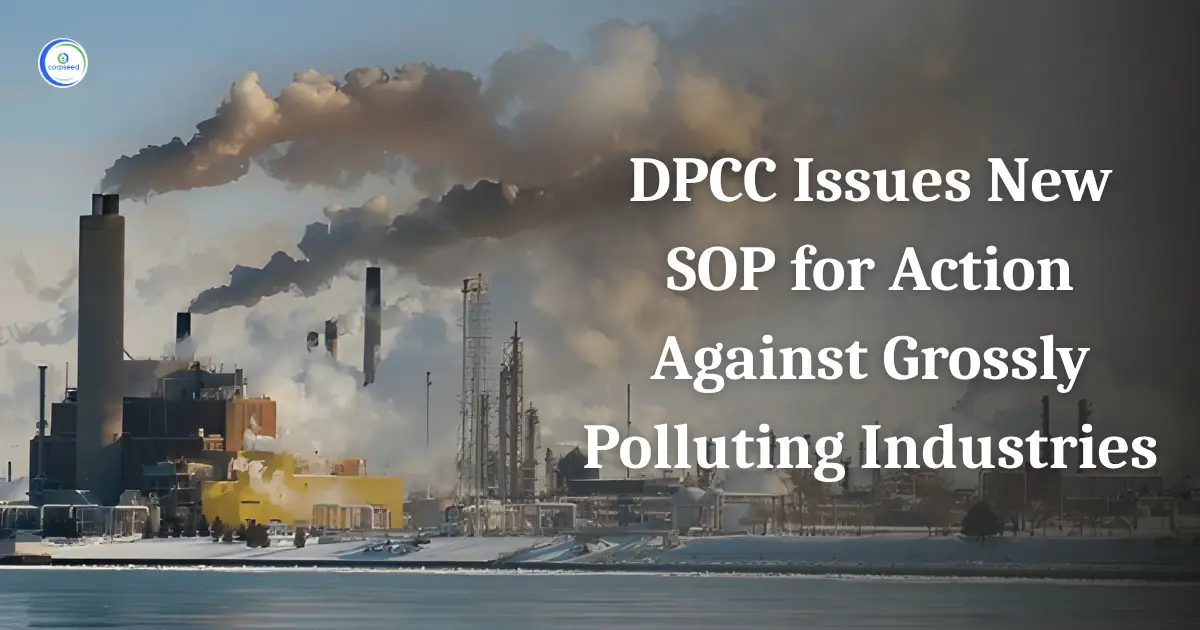The Central Pollution Control Board (CPCB) has intensified its action against industries polluting the Ganga and Yamuna rivers. These Grossly Polluting Industries (GPIs) are known to discharge large amounts of harmful waste into the rivers, affecting their water quality and surrounding ecosystems.
Table of Contents
Industries releasing over 100 kg of Biochemical Oxygen Demand (BOD) daily, or handling hazardous chemicals, are now under strict watch. The list includes sectors such as chemicals, pharmaceuticals, fertilizers, refineries, pesticides, sugar, pulp and paper, textiles, dyeing, bleaching, tanneries, distilleries, slaughterhouses, and dairy units.
These industries are spread across states, including Uttarakhand, Uttar Pradesh, Bihar, Jharkhand, Haryana, Delhi, and West Bengal, all regions connected to the Ganga and Yamuna river systems.
New Inspection Protocols for Cleaner Rivers
To ensure uniformity in inspections, CPCB has developed a new Standard Operating Procedure (SOP) titled “Standard Protocol for Conducting Inspections, Report Preparation & Action: March 2023.” This SOP aims to bring transparency, accountability, and faster action against violators. Inspections will now be carried out by joint teams consisting of experts from third-party technical institutes along with officials from the State Pollution Control Boards (SPCBs) and the Delhi Pollution Control Committee (DPCC).
Under the new guidelines, the DPCC must take necessary actions within 15 days after receiving inspection reports. All updates must be uploaded to the official CPCB GPI portal.
In cases where industries deny entry to inspection teams, the DPCC will issue immediate closure orders and disconnect the electricity supply.
Strict Penalties and Compliance Measures
If a unit is found bypassing treatment systems or violating environmental norms, it will face closure and be fined under the Environmental Damage Compensation (EDC) policy of March 2022.
Non-compliant industries will be issued show-cause notices and given 15 days to respond. If issues persist, follow-up inspections will determine whether closure orders should be issued.
Industries found to comply with pollution control norms will receive a recommendation letter for continuation of operations. For seasonal units, reopening will only be allowed after a thorough re-inspection by CPCB and DPCC teams.
Copies of closure orders will also be shared with District Magistrates and power departments for verification and power disconnection.
This portion of the site is for informational purposes only. The content is not legal advice. The statements and opinions are the expression of author, not corpseed, and have not been evaluated by corpseed for accuracy, completeness, or changes in the law.

